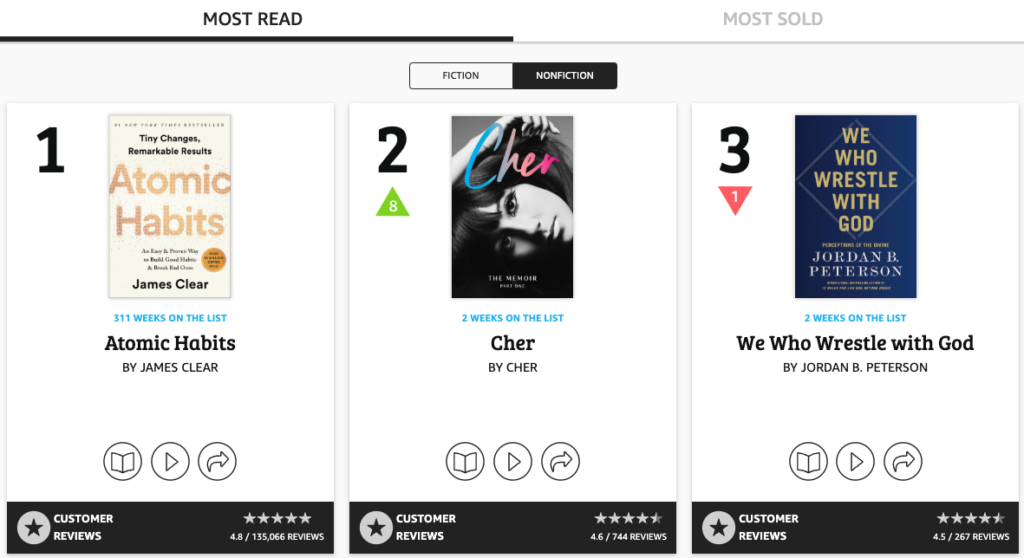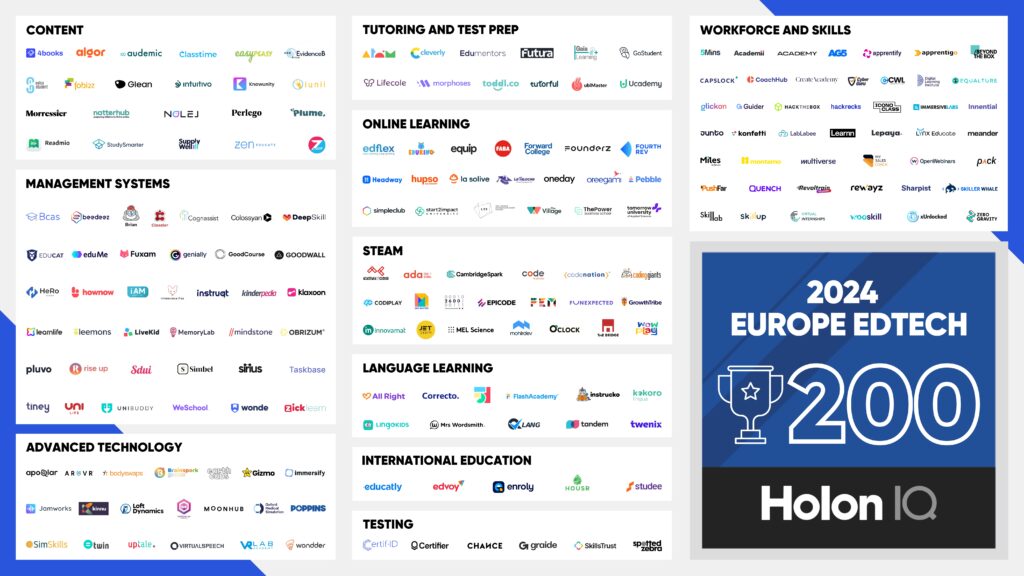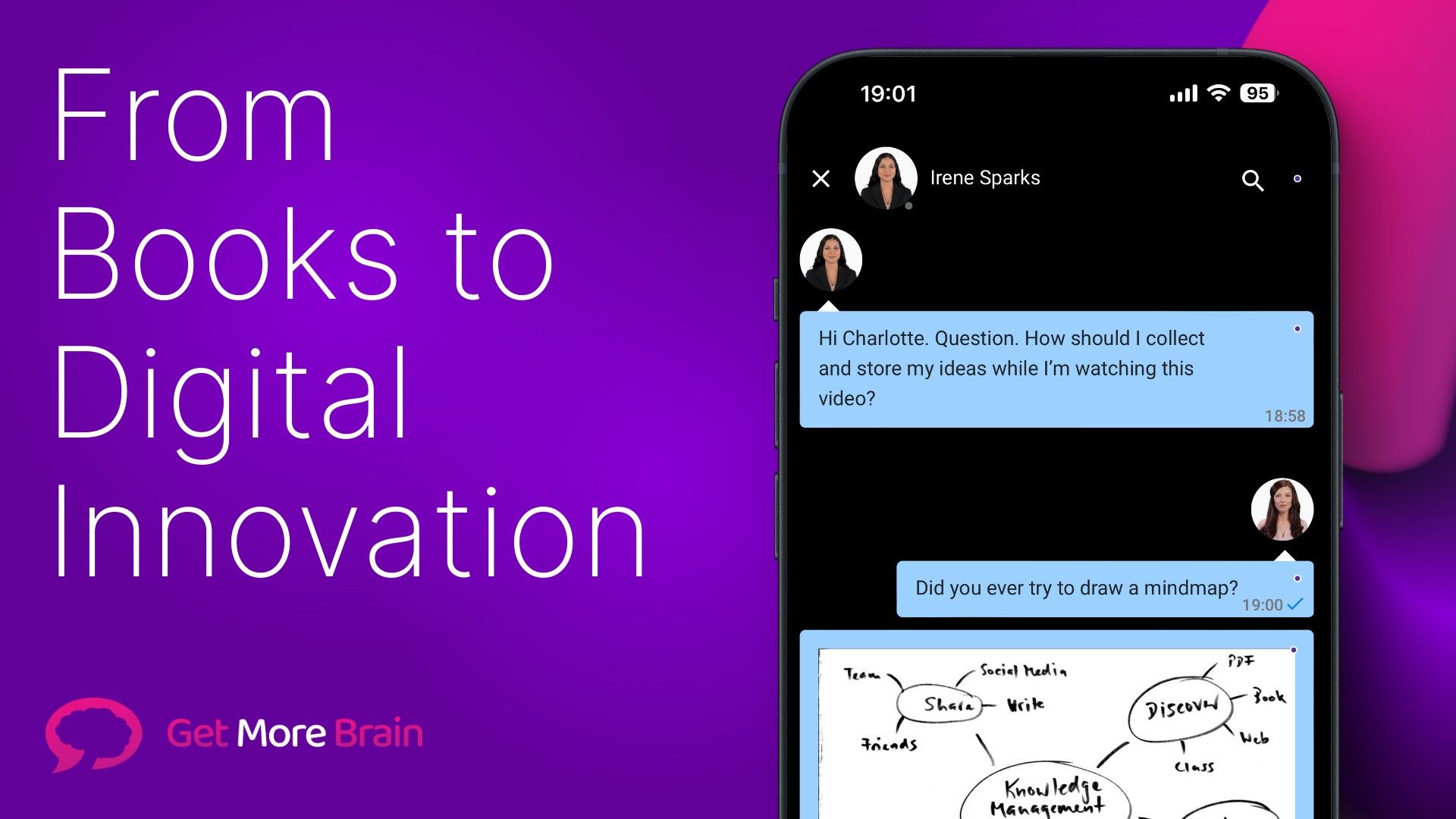Our methods of acquiring and managing knowledge are undergoing a profound evolution. Yet, surprisingly, traditional books continue to dominate many knowledge development environments. In this post, we explore this journey from traditional books to modern digital solutions, understanding why certain formats persist and what the future holds.
The Legacy of Traditional Books: A Mixed Blessing
Physical books have been our trusted companions in knowledge development for centuries. Their tangibility and familiarity provide a sense of comfort, but in today’s digital world, their limitations become increasingly apparent.
Books are inherently static, heavy, and resistant to collaboration. You can’t easily search through them, share insights digitally, or update their content. In an age where knowledge evolves rapidly, these constraints pose significant challenges.
The PDF Era: A Digital Replica, Not a Solution
When PDFs emerged, they seemed like the perfect bridge between physical and digital worlds. Finally, we could search through text and make digital annotations. However, PDFs essentially remain digital photographs of printed pages.
They inherit many of the same limitations as physical books – rigid layouts, static content, and limited interactivity. While PDFs serve their purpose for document preservation, they fall short in modern knowledge management needs.
ePub: A Step Forward, But Not Far Enough
The ePub format brought significant improvements, particularly in content responsiveness. Content could now adapt to different screen sizes, and synchronization across devices became possible.
However, ePub still operates within the constraints of traditional book paradigms. The format struggles with interactive elements, multimedia integration, and real-time content updates – all crucial components of modern knowledge development.

The EdTech Revolution: Transforming Knowledge Management
Enter the educational technology sector, where innovative solutions are reimagining how we interact with knowledge.
Modern EdTech solutions transcend traditional formats, offering dynamic, interactive, and collaborative environments for knowledge development. These technologies don’t just digitize content; they transform it into living, breathing resources that evolve with user needs.
The Future of Knowledge Management
New EdTech-Solutions like Get More Brain represent the next generation of knowledge management tools. They break free from traditional constraints by offering:
- Interactive content that engages users through multimedia elements and practical exercises
- Real-time updates and collaborative features that keep knowledge current and relevant
- AI-powered personalization that adapts to individual knowledge development paths
- Flexible architecture that supports various content types and usage scenarios
- Integration capabilities that embed knowledge management into daily workflows
These modern solutions recognize that knowledge isn’t static – it’s a living entity that grows and evolves through collaboration, interaction, and continuous refinement. They provide the tools needed to not just consume information, but to engage with it meaningfully and contribute to its development.

How Get More Brain Transforms Knowledge Management
Get More Brain perfectly aligns with and enhances this evolution of knowledge management by offering a comprehensive solution that addresses modern content challenges:
- Dynamic Content Hub: Unlike traditional static formats, Get More Brain enables modular learning content that can be easily updated, shared, and accessed across devices, making knowledge truly dynamic and accessible.
- AI-Powered Features: With built-in AI capabilities for content summarization, quiz generation, and translation, Get More Brain makes knowledge more digestible and accessible across language barriers.
- Collaborative Environment: Through its integrated messenger and notebook functionality, Get More Brain facilitates knowledge sharing and peer learning, creating vibrant knowledge communities.
- Structured Knowledge Management: Using the innovative bitmark standard, Get More Brain ensures content is properly structured, searchable, and interoperable, making knowledge management more efficient.
- Personal Knowledge Development: Get More Brain’s notebook feature allows you to maintain your personal knowledge base separately from organizational content. You create a lifelong repository of linked notes, insights, and reflections that grows with your professional journey.
Get More Brain’s approach transcends traditional knowledge management tools by creating an ecosystem where content can be continuously updated, shared, and evolved. Its mobile-first design and focus on user experience ensure that knowledge is not just stored, but actively engaged with and developed.
While traditional books will always have their place in our cultural heritage, the future of knowledge management lies in dynamic, digital solutions. These technologies don’t just replace books; they reimagine how we create, share, and develop knowledge in an increasingly connected world. As we embrace these innovations, we’re not just changing how we access information – we’re transforming how we build and share knowledge for future generations.




